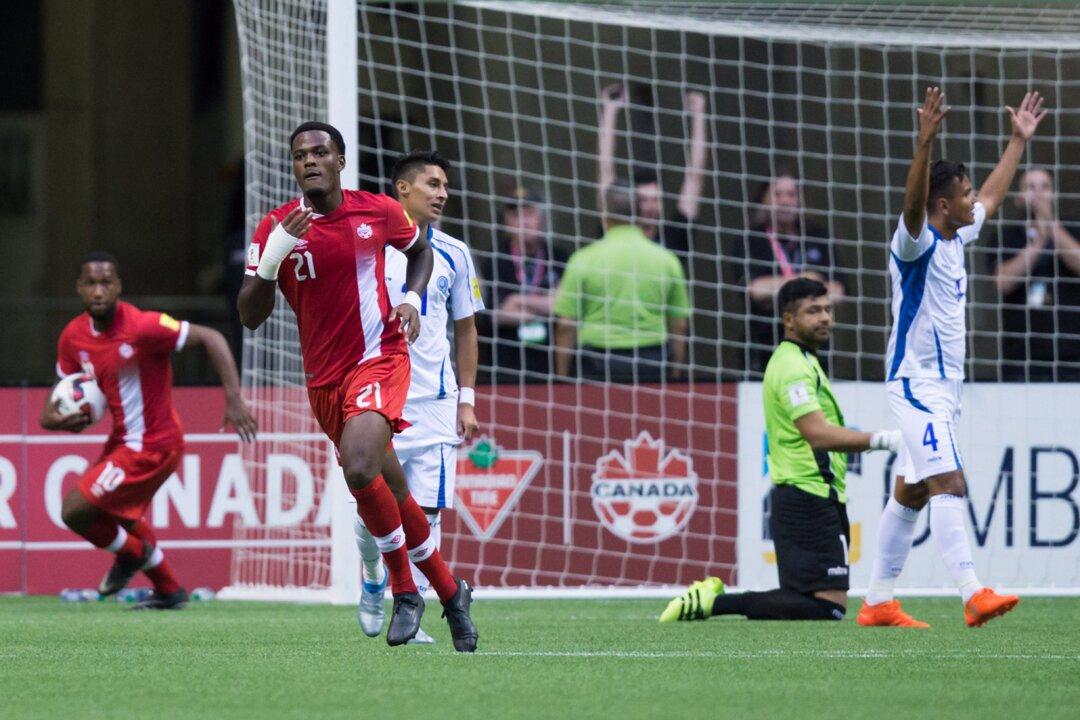It was probably irrational hope, but it didn’t have to end the way it did.
Once again, Canada’s men’s national soccer team will not qualify for the next World Cup, to be held in Russia in 2018. It failed to reach the final stage of World Cup qualification—known as the “Hex” after a disappointing night in Vancouver on Tuesday, Sept. 6.
Canada needed a big win over El Salvador and lots of help from Mexico—essentially a miracle. It got neither. Canada’s last semifinal game ended with a 3–1 win over El Salvador, but Mexico, who had already qualified for the Hex, was held to a scoreless draw by Honduras.
So it’s back to the drawing board for the next World Cup—a familiar place for Canada. It’s the bitter end to a qualification campaign that started brightly in a difficult group.
The elephant in the room is head coach Benito Floro’s in-game and squad management. The 64-year-old Spaniard, who took over in 2013, simply didn’t get the best out of the squad and an improved Canada is left wondering what could have been.
Lost It in Honduras
Canada’s fate was essentially sealed after the Sept. 2 loss in Honduras. The 2–1 loss meant Canada would have to overcome a five-goal differential in beating El Salvador, while counting on Mexico to defeat Honduras.
In Honduras, Canada’s defensive structure and fitness let them down. Manjrekar James gave Canada the lead, but Honduras equalized just before halftime.
In the second half, the Hondurans turned up the heat in San Pedro Sula and Canada wilted.
“We just needed to shut up shop in the first 10-15 minutes of the second half and we weren’t able to do so,” David Edgar told reporters after the loss to Honduras.





